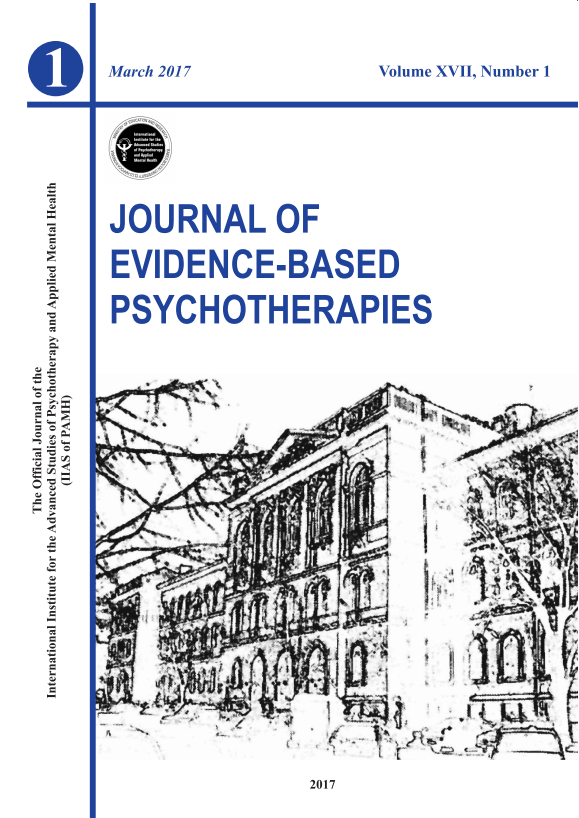cakbulut@ankara.edu.tr
Compare Lisa1, Cansu Alsancak-Akbulut1,2*, Giovanni Tumminaro1, Martina Smorti1, Olivia Bernini3, Francesca Ravagli1, Carmen Berrocal Montiel1
1 Department of Surgical, Medical and Molecular Pathology and Critical Care, University of Pisa, Pisa, Italy
2 Department of Psychology, Ankara University, Ankara, Turkey
3 Counselling Services, University of Pisa, Pisa, Italy
Abstract
The Interpersonal Sensitivity Measure (IPSM) is used to assess interpersonal sensitivity. This study explored the factor structure, internal consistency, and criterion validity of the Italian version of the IPSM (IPSM-It) in non-clinical emerging adults. 374 participants aged between 18 and 31 years (64.4% female; M = 21.96, SD = 2.91) were included in the study. They completed the IPSM, the Beck Depression Inventory-I, the Beck Anxiety Inventory, the State-Trait Anger Expression Inventory-II, and the Satisfaction with Life Scale. Confirmatory factor analysis indicated that the original structure of the measure did not fit the data well. An exploratory factor analysis was also conducted and the results supported a 27-item version of the IPSM and a three-factor structure (Interpersonal Worry and Dependency, Low Self-Esteem, and Unassertive Interpersonal Behavior). The IPSM-It showed good internal consistency and criterion validity. The IPSM-It appeared to be a reliable and valid measure for assessing IPS in Italian culture.
Keywords: interpersonal sensitivity, reliability, validity, assessment, emerging adults.
Please cite this article as: Lisa, C., Alsancak-Akbulut, C., Tumminaro, G., Smorti, M., Bernini, O., Ravagli, F., & Montiel, C. B. (2024). PSYCHOMETRIC PROPERTIES OF THE ITALIAN VERSION OF THE INTERPERSONAL SENSITIVITY MEASURE (IPSM). Journal of Evidence-Based Psychotherapies, 24(2), 53-68.
DOI: 10.24193/jebp.2024.2.11
Published online: 2024/09/01
Published print: 2024/09/01
